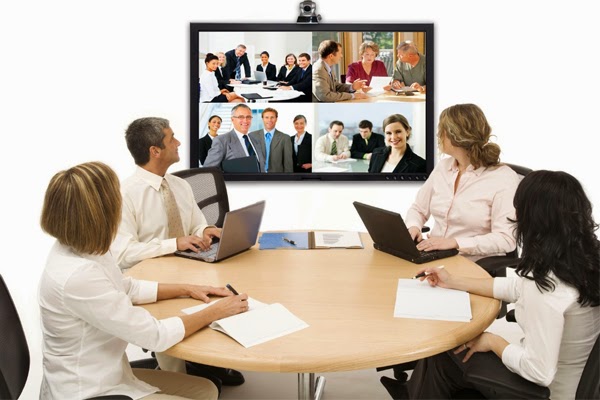 |
| Image Credit: innovativetechnosoft.com |
Without the expensive investment into hardware and infrastructure, access to video invites participation from more than just the largest of businesses. Normally, the focal point in adopting video managed services includes efficiency of business, collaborating remotely, and accountability through presence.
For Washington State, technology such as this is being proposed right now so as to improve the process of legislation. Among the legislators that were surveyed in order to determine their interest in participation with the new video technology, a majority of them believe it has its due place in the legislative process. Findings of this study were published in “Washington State Legislative Service Project: Legislators 2013.”
Efficiency of Business
When making a decision that falls in the purview of technology investment, most enterprises have an outcome that they intend to happen. With telecommunications, that outcome generally is to improve time-to-market and enhance collaboration. At the same time, they expect to see business efficiency improved when new video managed services are utilized in the proper ways.
SEE ALSO: How Effective Is Your Video Strategy Online?
With the introduction of video, there’s a new opportunity to bridge the gap between communicators, especially when location is a barrier. When parties central to an issue are able to work together, face to face, decisions are made more quickly and focus is placed more easily on the end goal. People work together better when in close proximity, and when that’s not physically possible, video is the next best thing. For Washington legislators, this means that more time is spent on facts of a matter, and less time is wasted simply trying to get connected.
Collaborating Remotely
Video conferencing is being investigated in Washington as a method by which committees can accept testimony from the public. A key finding from this survey is that some legislators cast votes based on what they think the best outcome for any given legislation, and not necessarily what the majority of their constituents want. At the same time, though, they only spend 18-30% of their time speaking with constituents who aren’t present.
What this suggests is a considerable gap in the communication between elected officials and their citizenry. And this is something that could easily be alleviated by using video managed services. Supporting this same technology would also improve the collaboration between legislators that are focused on the same goal.
Accountability through Presence
A person’s accountability is heightened in any business environment when video conferencing is brought in. It introduces a platform for making face to face connections, allowing people to feel as if they are contributing to the same effort as the rest of the team. When legislators use this technology as well, their constituents can start holding them even more accountable to demonstrate their wishes. It works the other way as well — legislators can communicate when they vote in certain ways.
SEE ALSO: Why Should I Consider Marketing Videos For My Company?
In Washington State, there was 72 percent of legislators that believed constituents ought to be allowed to provide testimony via remote video conferencing. A majority of these also believed that social media was a valuable medium in enabling them to communicate directly with their citizenry. Additionally, town hall meetings that relied on video conferencing would also improve communication.
Video can indeed positively alter the way governments operate, simply by giving them access to easy-to-use tools that will bring the elected officials closer to the people that elected them in the first place — the people they serve.








